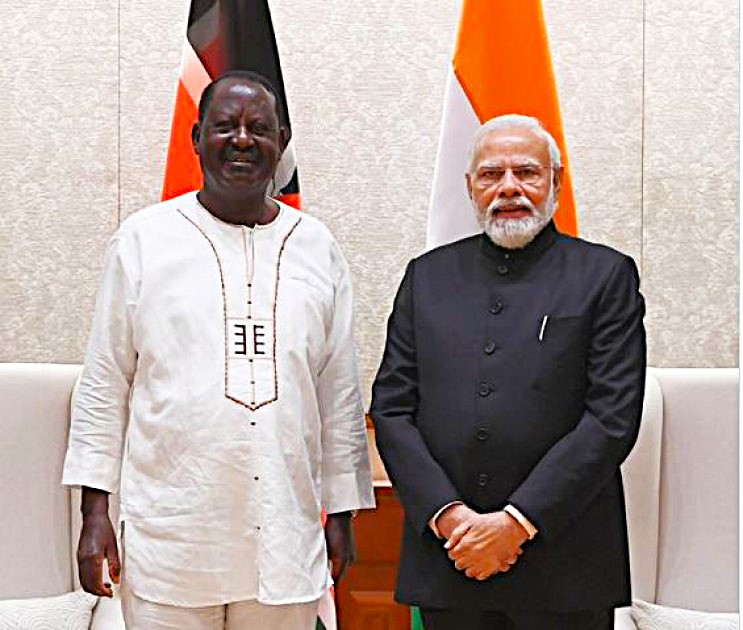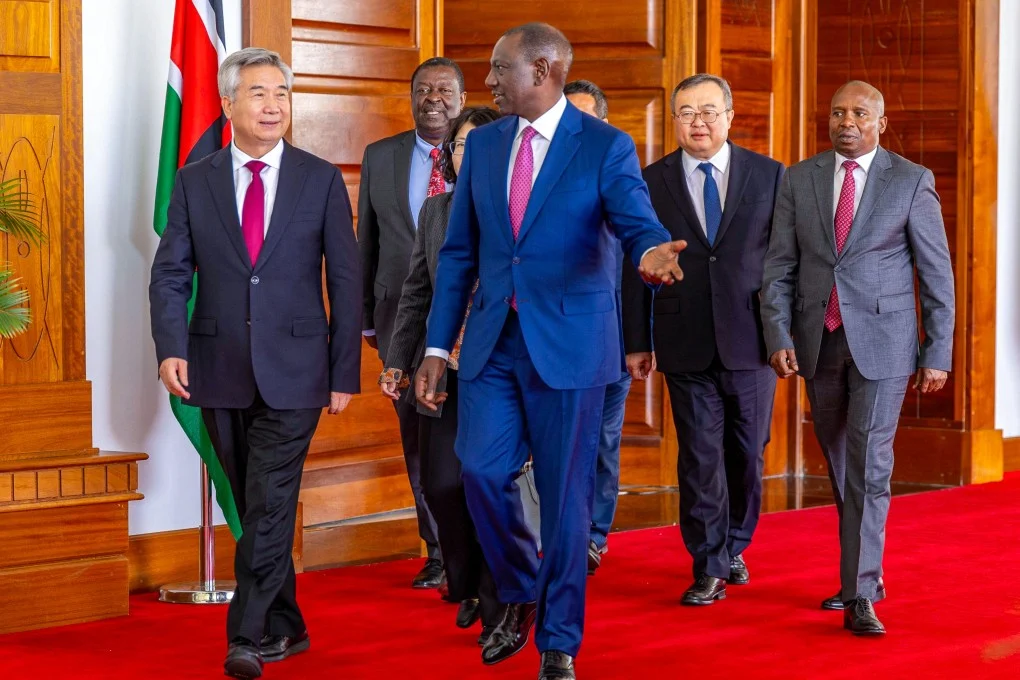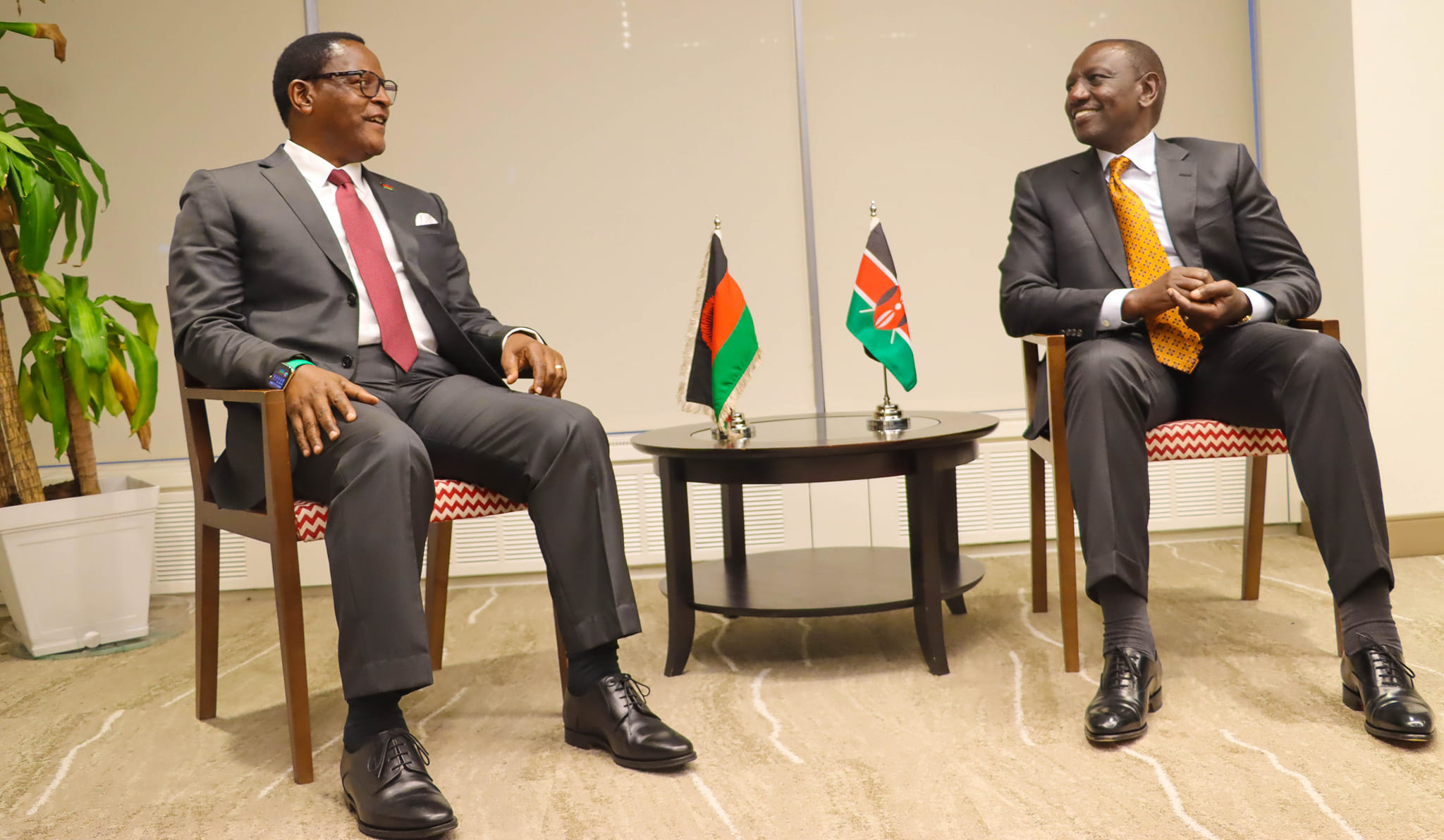Former Prime Minister Raila Odinga has come to the defence of Indian conglomerate Adani Group, which has been linked to high-profile projects in Kenya. Mr Odinga praised Adani as a reputable company with a strong track record in Public-Private Partnership (PPP) projects, distancing the firm from recent controversies surrounding its involvement in Kenyan infrastructure.
Speaking at the ODM Party Delegates Conference in Mombasa, Mr Odinga recalled his first interaction with Adani during his tenure as Prime Minister, noting that the conglomerate had expressed interest in investing in Kenya after a government delegation visit to India in 2010. Raila defended the company, emphasizing that Adani should not be blamed for any wrongdoings by individuals, and described it as a global player worth over $200 billion.

He urged that while individuals should be held accountable for mistakes, companies conducting legitimate business should not be unfairly condemned. Raila’s defence comes in the face of criticism from various opposition leaders, including his long-time allies such as Kisumu Governor Prof. Anyang’ Nyong’o and Kisii Senator Richard Onyonka. Both have expressed concerns over the deals involving Adani, with Nyong’o recently penning a critical article and Onyonka being one of the first to raise alarms over the contracts. Despite their opposition, Nyong’o stood beside Odinga during his defence of the Indian company.
Mr Odinga highlighted successful Adani projects in India, such as infrastructure developments in Gujarat and Mumbai, noting how he was introduced to the company’s work by then Chief Minister Narendra Modi. He lauded Adani for transforming Mumbai’s airport into a world-class facility and praised its infrastructure initiatives.
Acknowledging the concerns surrounding Adani’s involvement in Kenya, particularly in the energy sector and the controversial PPP for Jomo Kenyatta International Airport (JKIA), he called for a distinction between valid concerns and misinformation. He stressed the importance of maintaining Kenya’s attractiveness to foreign investors while ensuring transparency and accountability in PPPs.
Mr Odinga emphasized the need for Kenya to develop tailored PPP models that balance the interests of both the public and investors, ensuring that projects do not unduly burden Kenyans. Despite the opposition’s resistance, he defended PPPs as essential for financing Kenya’s large-scale infrastructure needs, warning that abandoning them could hinder the country’s development.





